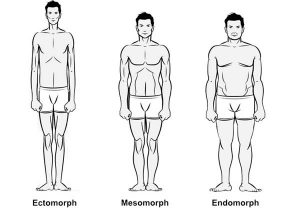Vitamins
Vitamins regulate energy and build body tissue. Helps digestion helps nutrients work faster and make you poop better and regulate body temperature. There are two types of vitamins fat soluble vitamins and water soluble vitamins.
Types of water soluble vitamins are B-complex vitamins and vitamin they also are water-soluble vitamins that are not stored in the body and must be replaced each day. Citrus fruits are good sources of vitamin C. vitamin B they function as coenzymes that help the body obtain energy from food. The B vitamins are also important for normal appetite, good vision, and healthy skin, nervous system, and red blood cell formation. Things that help body from Vitamins C the body needs vitamin C, also known as ascorbic acid or ascorbate, to remain in proper working condition. Vitamin C benefits the body by holding cells together through collagen synthesis collagen is a connective tissue that holds muscles, bones, and other tissues together. Vitamin C also aids in wound healing, bone and tooth formation, strengthening blood vessel walls, improving immune system function, increasing absorption and utilization of iron, and acting as an antioxidant.
Fat soluble. Small amounts of vitamin A, vitamin D, vitamin E and vitamin K are needed to maintain good health. Fat-soluble vitamins will not be lost when the foods that contain them are cooked. The fat-soluble vitamins, A, D, E, and K, are stored in the body for long periods of time. Vitamin A to helping the eyes adjust to light changes,
Vitamin A helps in bone growth, tooth development, reproduction, cell division, gene expression, and regulation of the immune system. The skin, eyes, and mucous membranes of the mouth, nose, throat and lungs depend on vitamin A to remain moist. Vitamin D plays a critical role in the body’s use of calcium and phosphorous. It works by increasing the amount of calcium absorbed from the small intestine, helping to form and maintain bones. Vitamin D benefits the body by playing a role in immunity and controlling cell growth. Children especially need a lot of vitamin D to develop strong bones and healthy teeth.
Vitamin E helps the body by acting as an antioxidant, and protecting vitamins A and C, red blood cells, and important fatty acids from destruction. Research from decades ago suggested that taking antioxidant supplements, vitamin E in particular, might help prevent heart disease and cancer. However, newer findings indicate that people who take antioxidant and vitamin E supplements are not better protected against heart disease and cancer than non-supplement users. Vitamin K is naturally produced by the bacteria in the intestines, and plays an essential role in normal blood clotting, promoting bone health, and helping to produce proteins for blood, bones, and kidneys.
Sources: http://extension.colostate.edu/topic-areas/nutrition-food-safety-health/water-soluble-vitamins-b-complex-and-vitamin-c-9-312/ https://en.wikipedia.org/wiki/Vitamin










